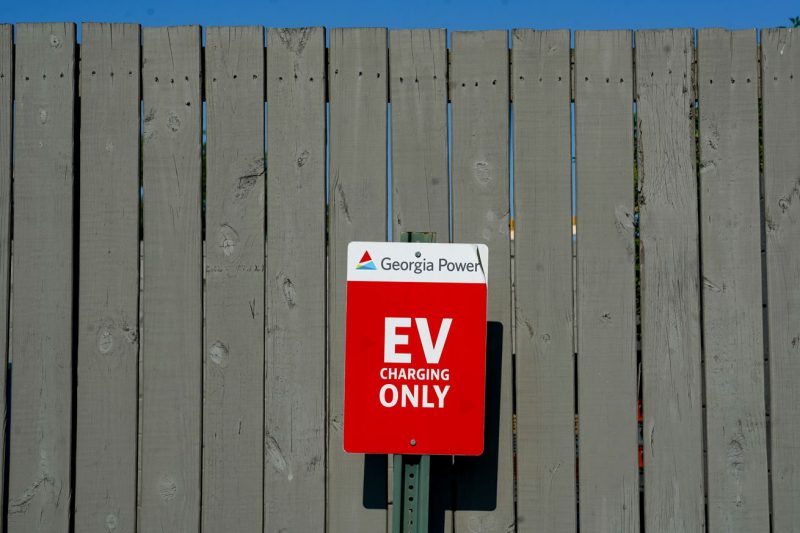The transition to electric vehicles (EVs) has been touted as a major step towards a more sustainable future, with the promise of reducing greenhouse gas emissions and dependence on fossil fuels. However, numerous challenges have surfaced that indicate the EV evolution may take longer than anticipated.
One significant obstacle facing the widespread adoption of EVs is the lack of charging infrastructure. While major cities and some regions have been making progress in installing charging stations, the coverage is still sparse in many areas. Range anxiety remains a concern for potential EV buyers, and the convenience of quickly refueling at gas stations is a hard habit to break.
Moreover, the issue of battery technology and production capacity poses a considerable challenge. The current lithium-ion batteries used in most EVs are expensive to manufacture and have limited capacities. There is a need for breakthroughs in battery technology to improve energy density, reduce costs, and increase longevity. Scaling up production to meet the rising demand for EVs also requires significant investment and time.
Regulatory hurdles and policy uncertainties further complicate the EV transition. While many governments have set ambitious targets for phasing out internal combustion engine vehicles, the lack of consistent regulations and incentives hinders market growth. Automakers are also grappling with complex emission standards and transitioning their production lines to accommodate EVs.
Consumer acceptance and preferences play a crucial role in the success of EVs. Despite the environmental benefits, some consumers are hesitant to switch to EVs due to concerns over upfront costs, driving range, and charging infrastructure. The lack of public awareness and education about the benefits of EVs adds to the challenge of changing consumer perceptions and behaviors.
In addition to these challenges, automakers are also facing supply chain disruptions and component shortages that impact the production of EVs. The global semiconductor shortage has affected the automotive industry, leading to delays in manufacturing and deliveries of EVs. These disruptions highlight the vulnerability of the supply chain and the need for resilient and diversified sourcing strategies.
As the industry navigates these hurdles, collaboration among stakeholders is crucial to accelerate the adoption of EVs. Governments, automakers, charging infrastructure providers, and consumers need to work together to address the challenges and create a conducive environment for the EV evolution. Investment in research and development, incentives for green technologies, and the expansion of charging networks are essential steps towards a sustainable transportation future.
In conclusion, while the transition to electric vehicles holds great promise for reducing emissions and advancing sustainability goals, the road ahead is fraught with challenges that may delay the evolution of EVs. Overcoming barriers related to charging infrastructure, battery technology, regulations, consumer acceptance, and supply chain disruptions requires concerted efforts from all stakeholders. With strategic planning, innovation, and cooperation, the EV evolution can eventually become a reality, paving the way for a cleaner and greener transportation sector.


























